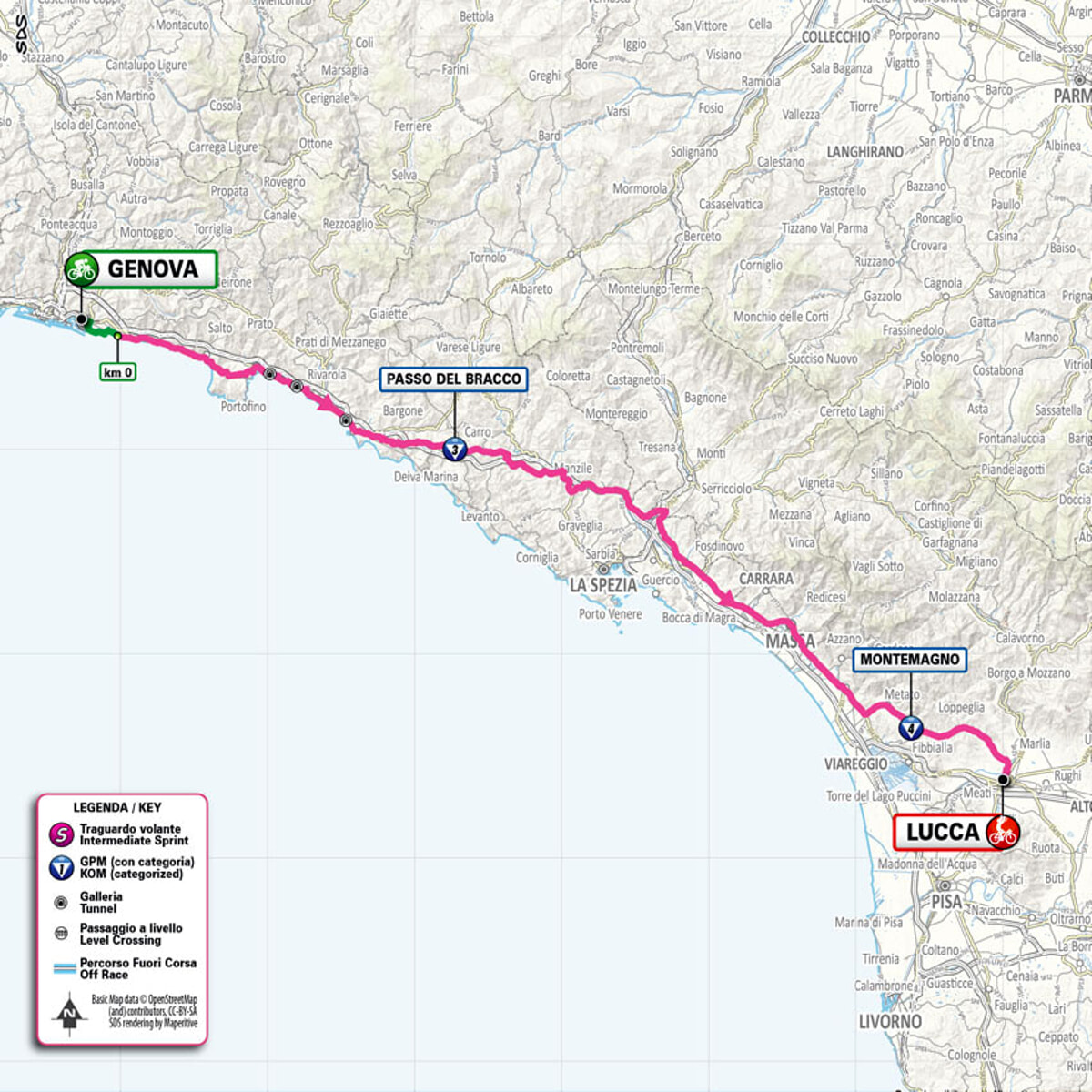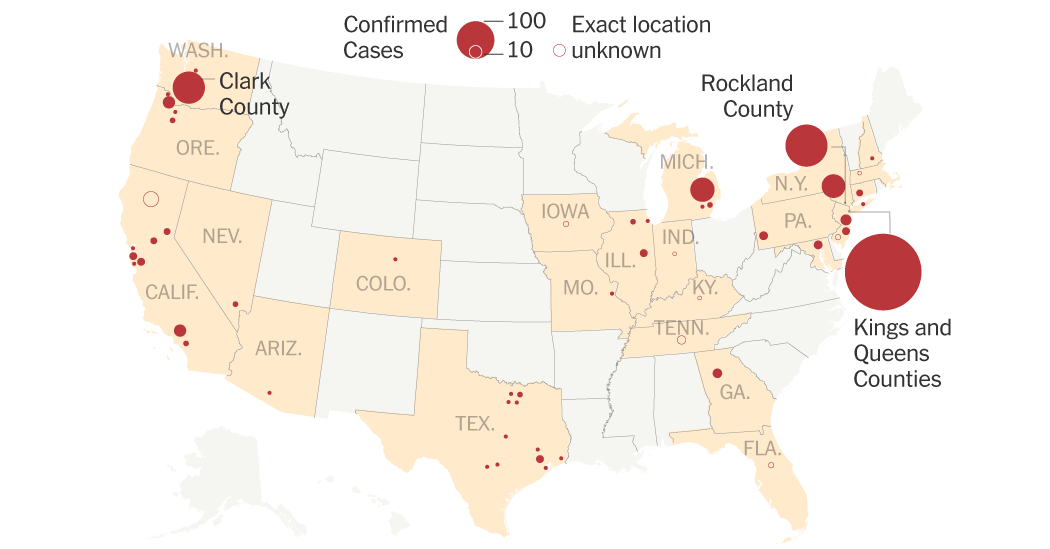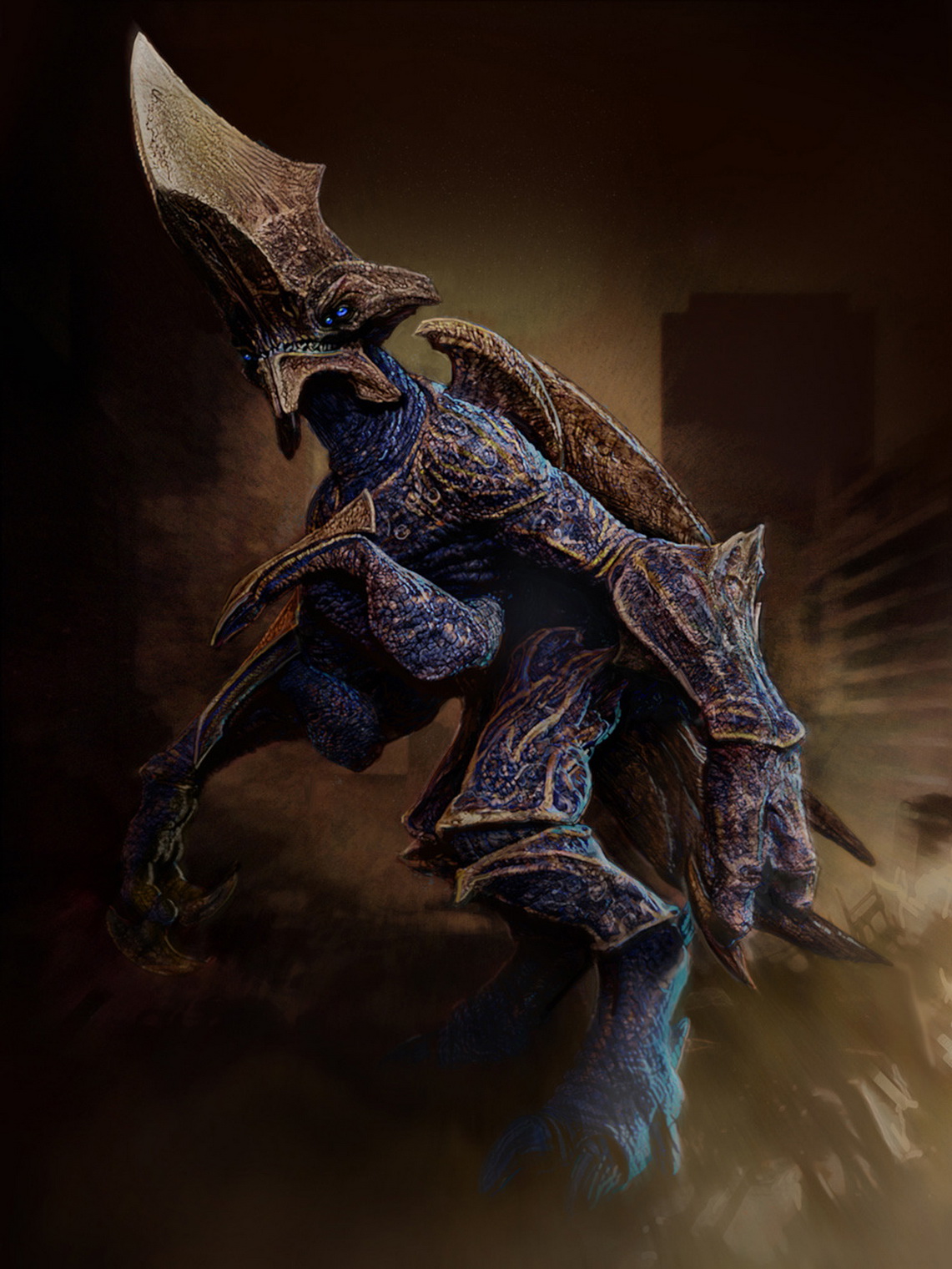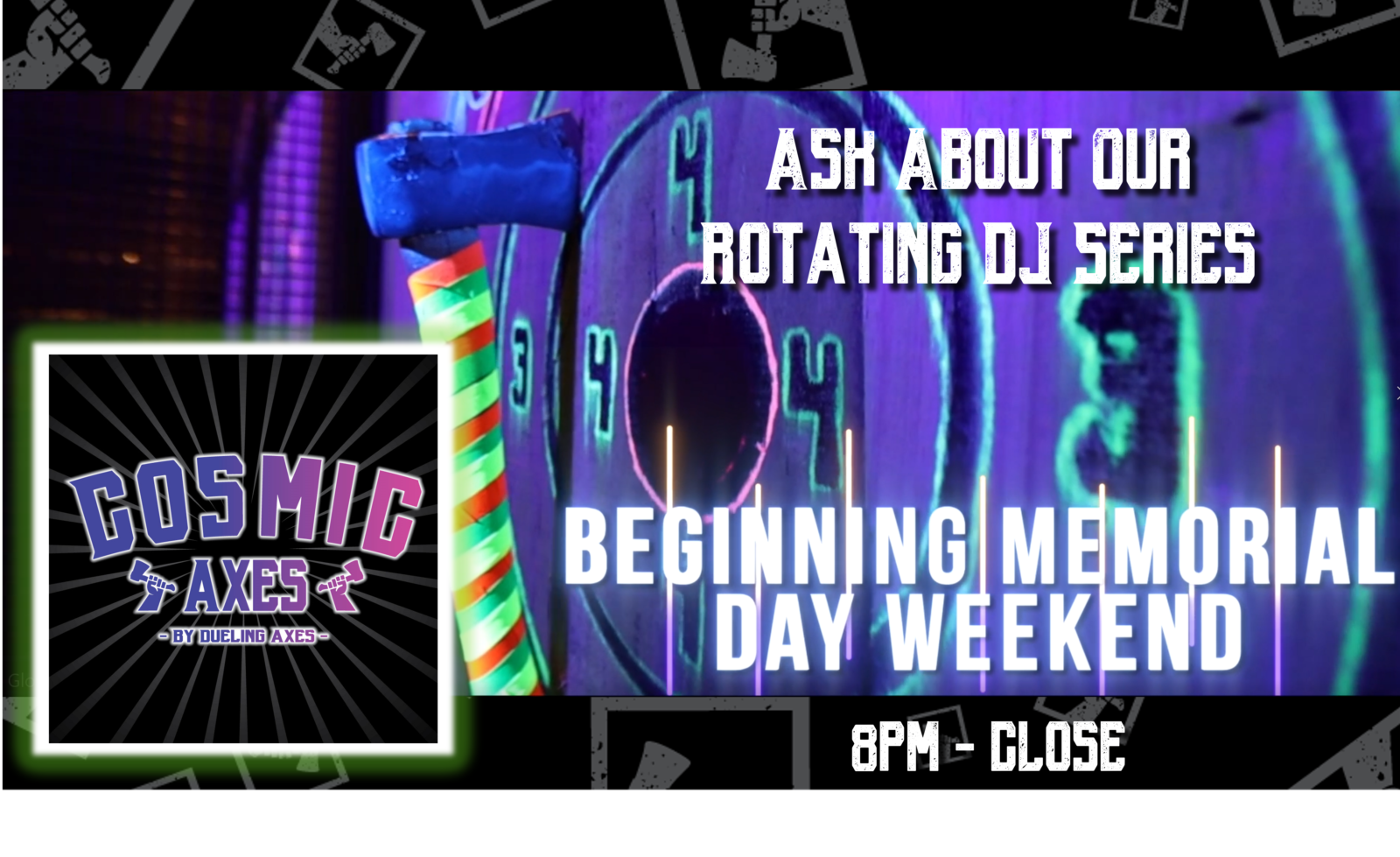The Nintendo Switch's Role In The Indie Game Ecosystem: A Critical Look

Table of Contents
The Switch as a Launching Pad for Indie Success
The Switch's portability and ease of use have proven to be pivotal in its indie game success. Its hybrid nature—a home console and handheld device in one—caters to a broad audience, making it an ideal platform for indie titles to reach a massive player base. Games like Stardew Valley, Undertale, and Hollow Knight didn't just find success on the Switch; they experienced a phenomenal surge in popularity, demonstrating the console's power as a launchpad for indie titles. This success is partly due to the console’s user-friendly interface and comparatively straightforward development process, attracting many indie developers seeking a wider audience.
- Increased visibility for smaller studios: The Switch's curated eShop, while sometimes criticized, offers smaller developers a platform to showcase their work alongside larger titles.
- Wider audience reach due to Switch's broad appeal: The console's popularity across age groups and gaming preferences provides indie developers with a far-reaching market.
- Lower barrier to entry compared to other platforms: The relatively accessible development tools and processes for the Switch make it attractive to independent developers with limited resources.
Challenges Faced by Indie Developers on the Switch
While the Switch offers incredible opportunities, it's not without its drawbacks for indie developers. Navigating the platform presents several hurdles. The submission guidelines, while aiming for quality control, are often stricter than those of PC or mobile platforms. Certification fees also add to the financial burden, especially for smaller studios. Furthermore, the intense competition from major AAA releases on the eShop can make it difficult for smaller titles to stand out. Profit margins can be squeezed due to platform fees, impacting the financial viability of some projects.
- Difficulties in marketing and reaching potential players: The sheer volume of games on the eShop makes organic discoverability challenging for many indie titles.
- Concerns regarding revenue sharing models: The percentage of profits developers receive can impact their financial success, particularly after accounting for development costs and platform fees.
- The need for improved eShop curation and search functionality: Better search algorithms and improved categorization could significantly improve the discoverability of indie games on the eShop.
The Impact on the Indie Game Landscape
The Nintendo Switch has undeniably altered the indie game landscape. It has broadened the exposure and financial viability of numerous indie studios, fostering innovation and creative game design. We've seen a surge in specific genres like platformers, RPGs, and puzzle games flourishing on the platform. However, this success hasn't come without its caveats. The increase in indie game releases on the Switch has led to market saturation, intensifying competition among developers.
- Increased innovation and creativity in indie game design: The Switch has provided a fertile ground for experimentation, pushing the boundaries of indie game design.
- Expansion of the indie gaming community: The platform has connected indie developers and players, fostering a vibrant and supportive community.
- Potential for market oversaturation impacting individual developer success: The sheer number of games can make it difficult for individual titles to gain traction and find their audience.
The Future of Indie Games on the Nintendo Switch
The future of indie games on the Switch hinges on several factors. Continued support from Nintendo, including improvements to the eShop's discoverability features, is crucial. Implementing fairer revenue-sharing models would also benefit developers and encourage further investment in the platform. The impact of future hardware iterations and the evolving landscape of cloud gaming will also shape the Switch's role in the indie game ecosystem.
- Nintendo's ongoing commitment to indie developers: Nintendo's continued support is vital for maintaining the platform's appeal to indie developers.
- Potential for enhanced eShop features to improve discoverability: Better search, curated collections, and improved user recommendations could greatly improve indie game visibility.
- The evolving landscape of cloud gaming and its impact: Cloud gaming technologies might open up new distribution and accessibility options for indie developers on the Switch.
Conclusion: The Nintendo Switch's Enduring Role in the Indie Game Ecosystem
The Nintendo Switch's impact on the indie game ecosystem is multifaceted. While it has provided unprecedented opportunities for indie developers to reach a vast audience and achieve significant success, it also presents challenges related to discoverability, competition, and revenue sharing. Addressing these issues is critical for fostering a thriving and sustainable indie game market on the Switch. The platform's future success depends on Nintendo’s commitment to improving the eShop and ensuring fair practices for all developers. Share your thoughts and experiences regarding the Nintendo Switch's role in the indie game ecosystem in the comments below! What are your favorite indie Switch games, and what do you think needs to change to improve the platform for indie developers? Further research into specific indie game success stories on the Switch is also encouraged.

Featured Posts
-
 Manitoba Invests In Advanced Care Paramedics For Rural And Northern Communities
May 30, 2025
Manitoba Invests In Advanced Care Paramedics For Rural And Northern Communities
May 30, 2025 -
 Stage 17 Giro D Italia Del Toro Wins Australians Vine And Plapp Forced Out
May 30, 2025
Stage 17 Giro D Italia Del Toro Wins Australians Vine And Plapp Forced Out
May 30, 2025 -
 Amman Welcomes Chinese Bridge Contest Finalists
May 30, 2025
Amman Welcomes Chinese Bridge Contest Finalists
May 30, 2025 -
 Measles Cases In The Us A Slowdown Explained
May 30, 2025
Measles Cases In The Us A Slowdown Explained
May 30, 2025 -
 Exploring The Lost Potential A Look At The Unproduced Pacific Rim Sequel
May 30, 2025
Exploring The Lost Potential A Look At The Unproduced Pacific Rim Sequel
May 30, 2025
Latest Posts
-
 Memorial Day Weekend Detroit Braces For 150 000 Visitors
May 31, 2025
Memorial Day Weekend Detroit Braces For 150 000 Visitors
May 31, 2025 -
 Detroit Prepares For 150 000 Visitors This Memorial Day Weekend
May 31, 2025
Detroit Prepares For 150 000 Visitors This Memorial Day Weekend
May 31, 2025 -
 Doubleheader Update Tigers Reschedule After Fridays Postponement
May 31, 2025
Doubleheader Update Tigers Reschedule After Fridays Postponement
May 31, 2025 -
 No Time For Dwelling Skubal Prepares For Rematch After Grand Slam
May 31, 2025
No Time For Dwelling Skubal Prepares For Rematch After Grand Slam
May 31, 2025 -
 Tigers Home Series Defeat Offensive Struggles Against Rangers
May 31, 2025
Tigers Home Series Defeat Offensive Struggles Against Rangers
May 31, 2025
